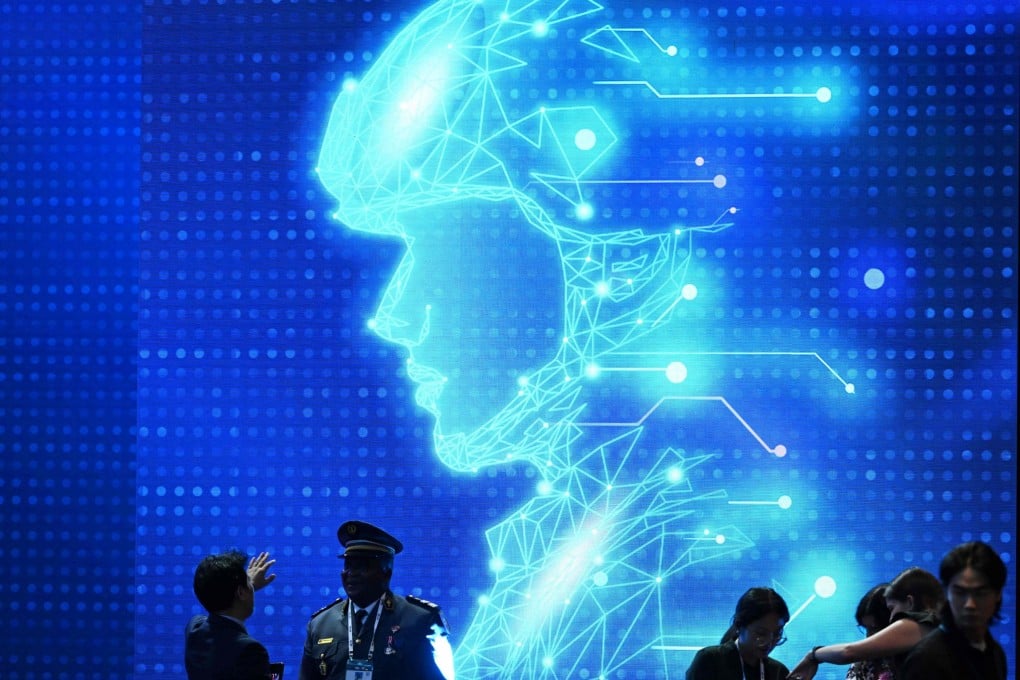Opinion | Can we curb our destructive behaviour before AI takes control?
If we want to retain control over our lives and the planet, we must rebuild trust and goodwill while restraining our desire for conflict and dominance

Under the influence of Alan Turing and other visionary scientists, the first computers driven by algorithms were built in mid-20th century. The term “artificial intelligence” was coined in the 1950s. At first our brain had the advantage, with its billions of neurons shaped by evolutionary forces working in parallel.
However, when it comes to sheer information processing, neurons talking to neurons by passing chemicals across synapses is clearly no match against electricity travelling across tiny chips. Furthermore, the chips themselves became ever more abundant and better designed for specialised computations across the decades.
